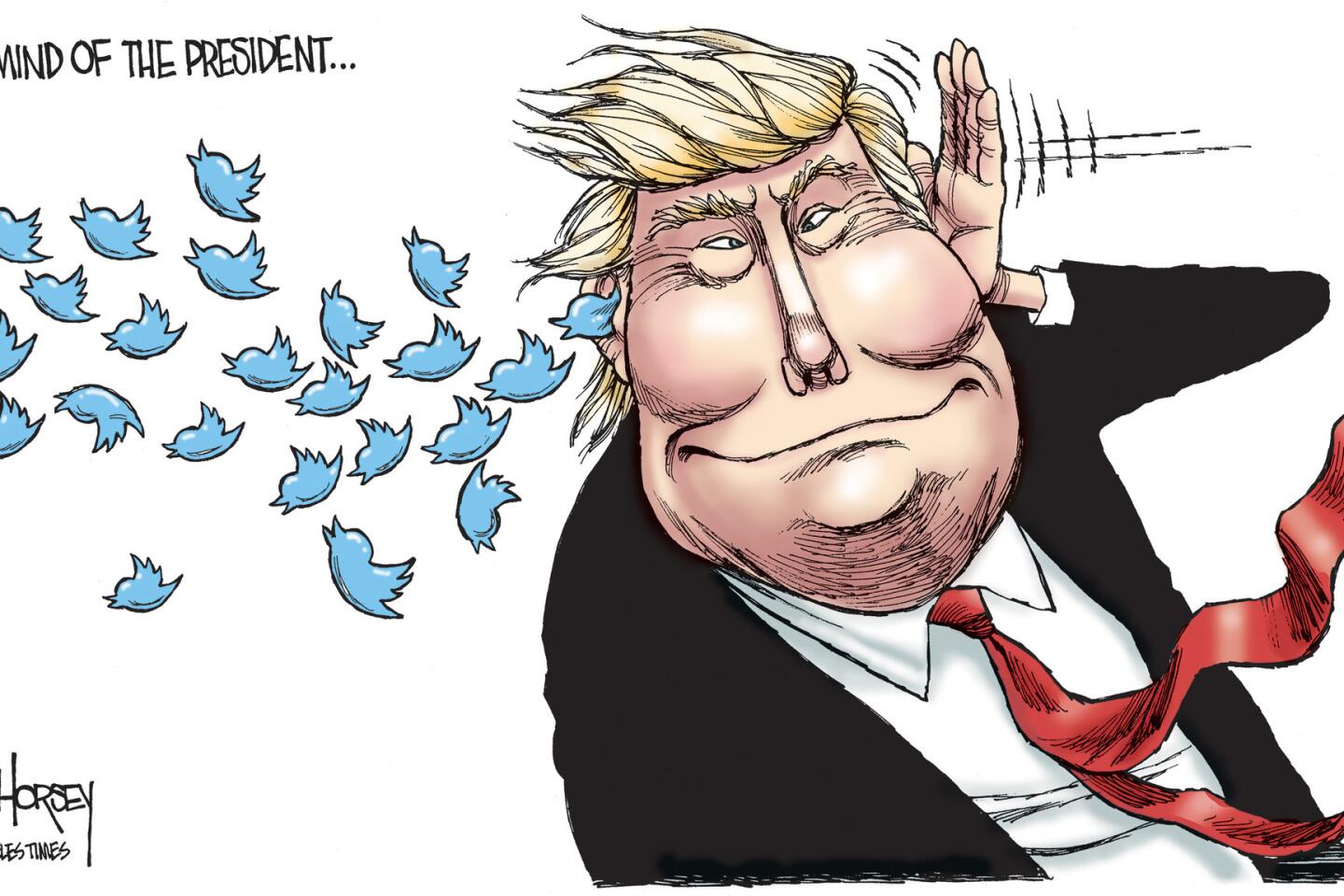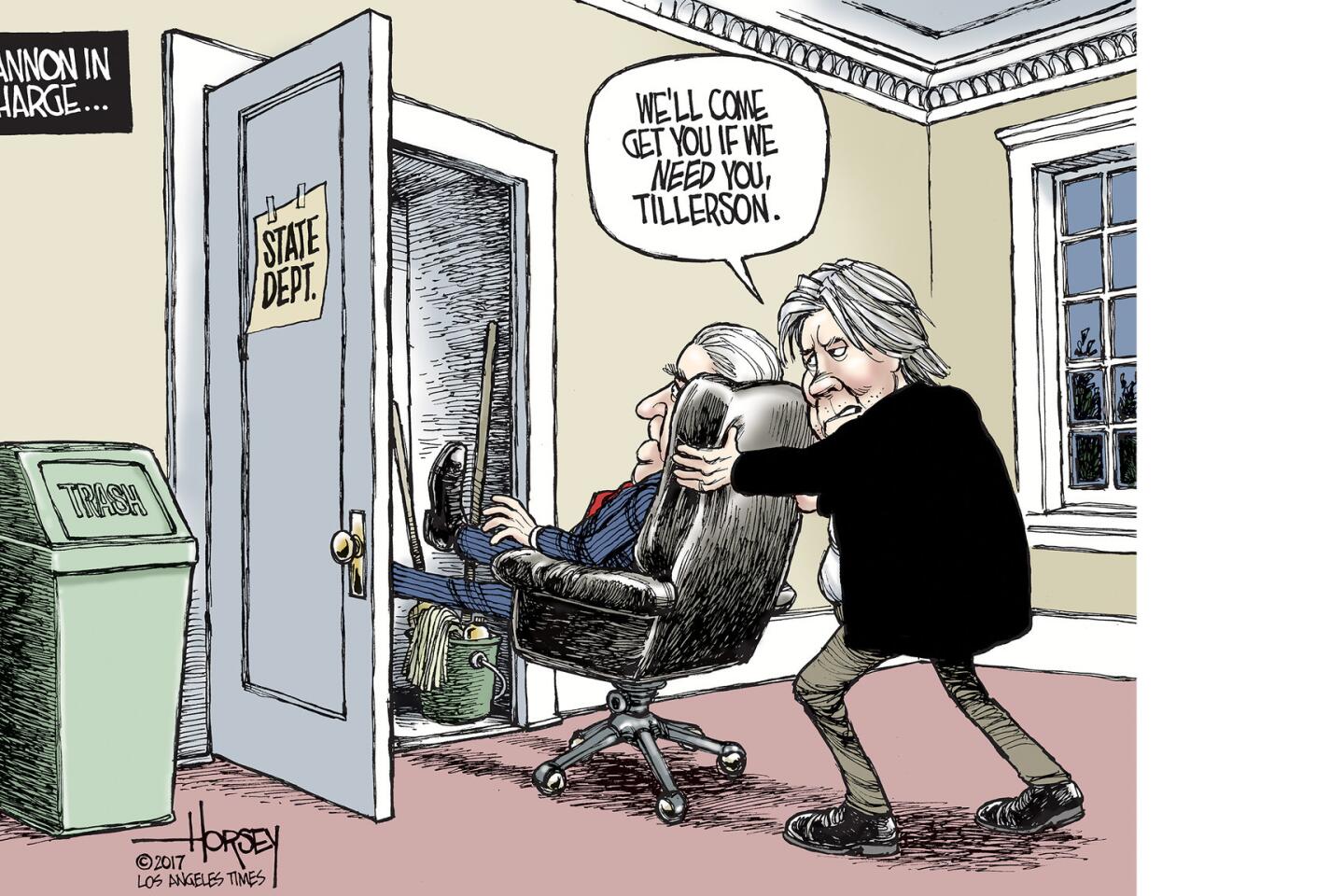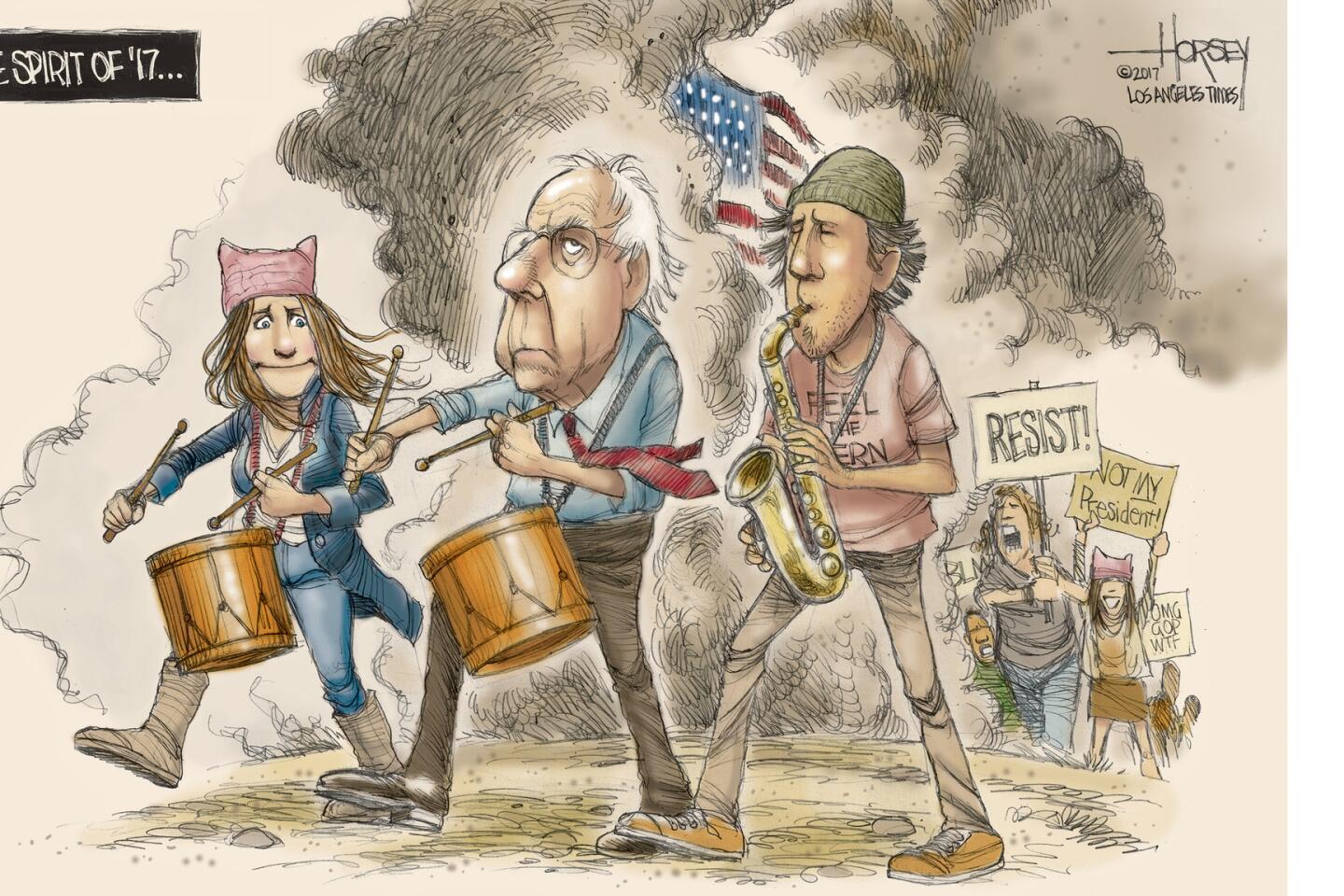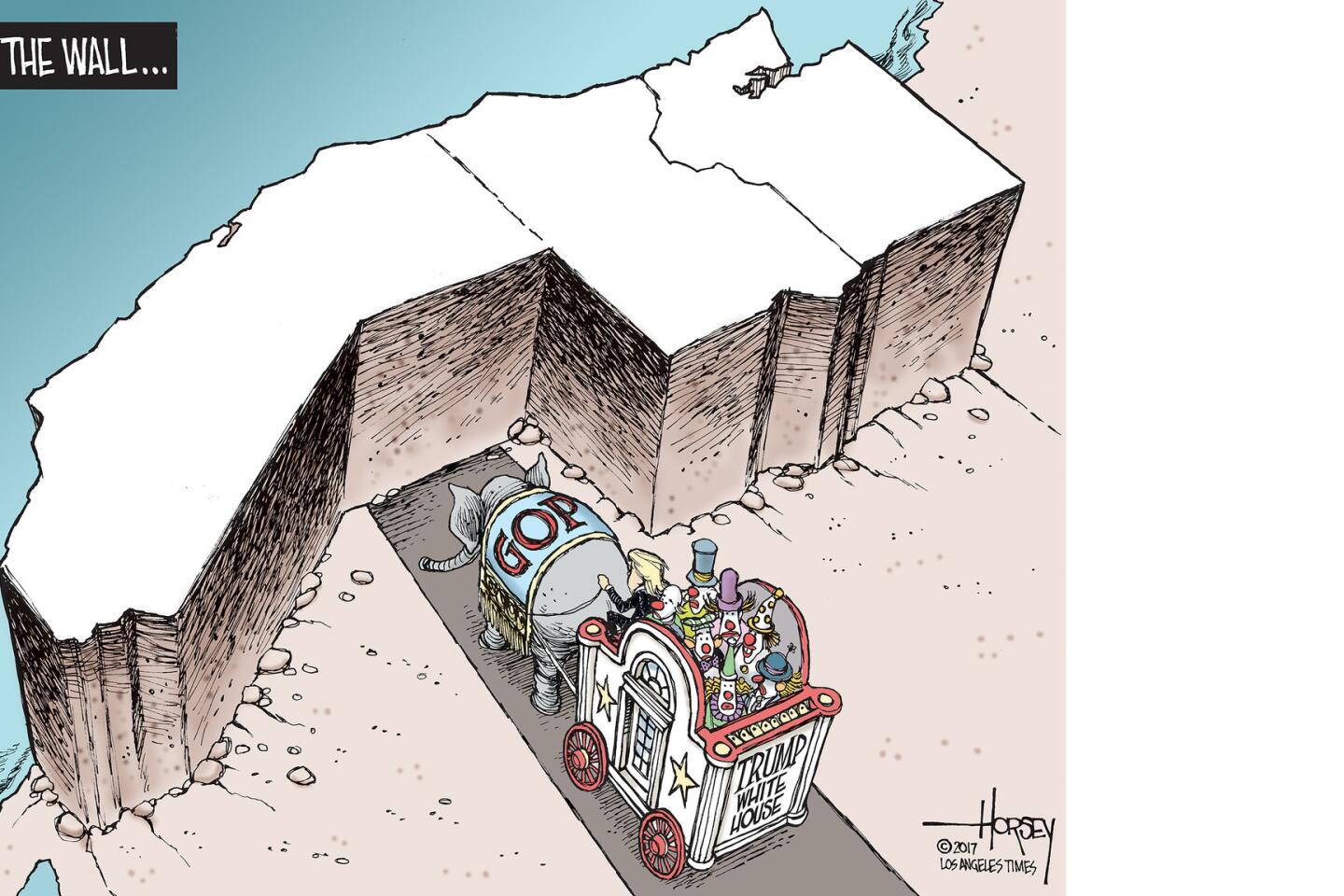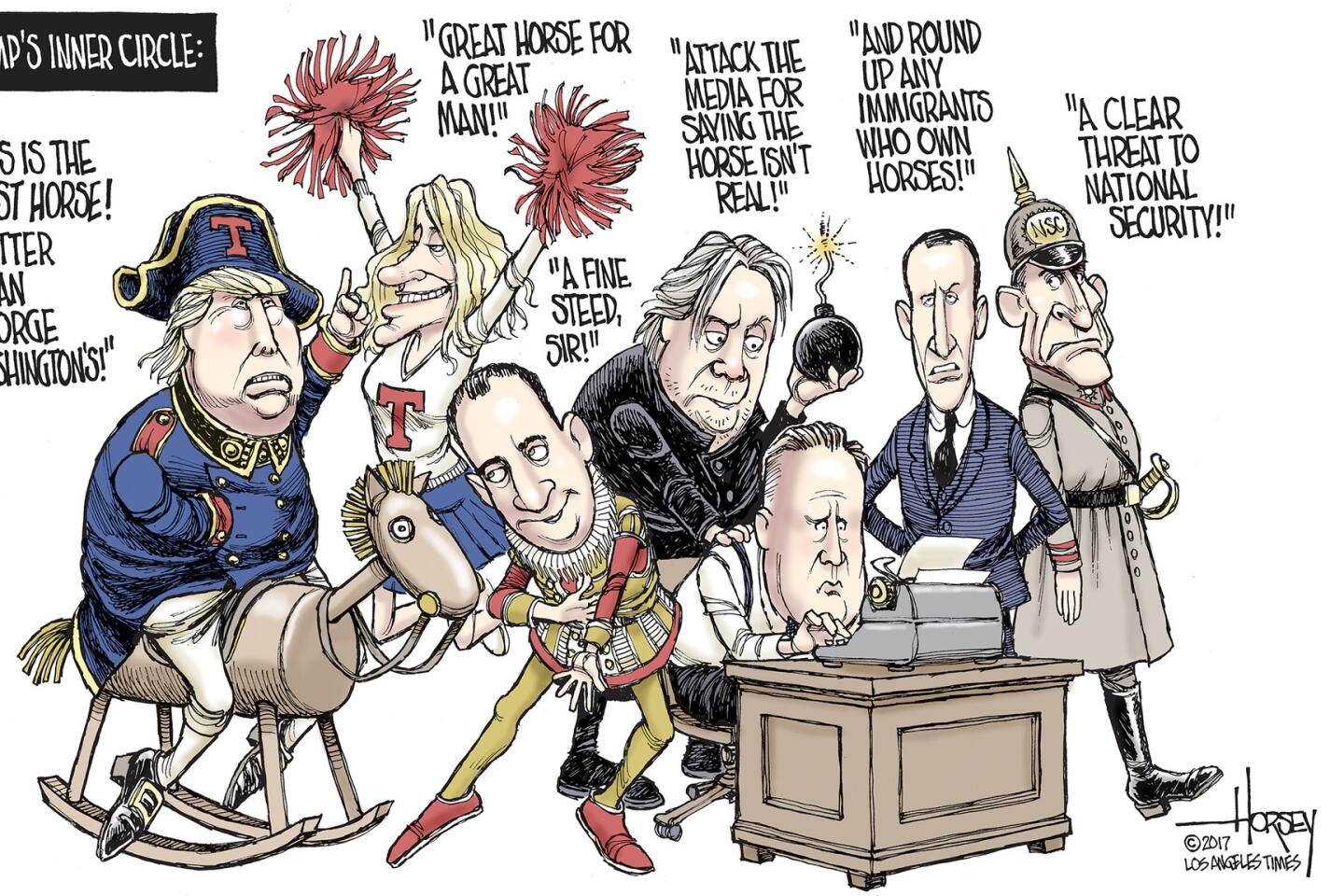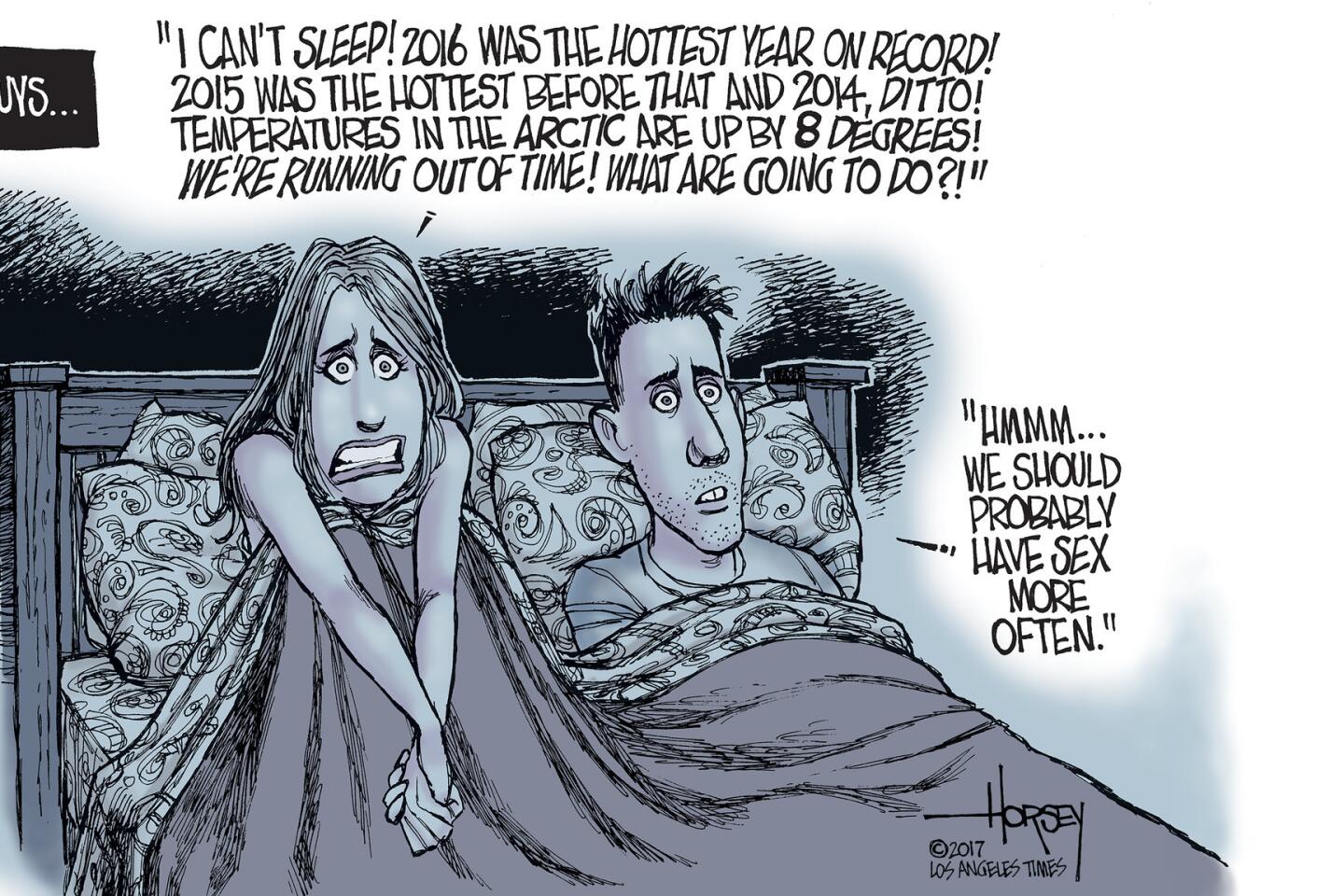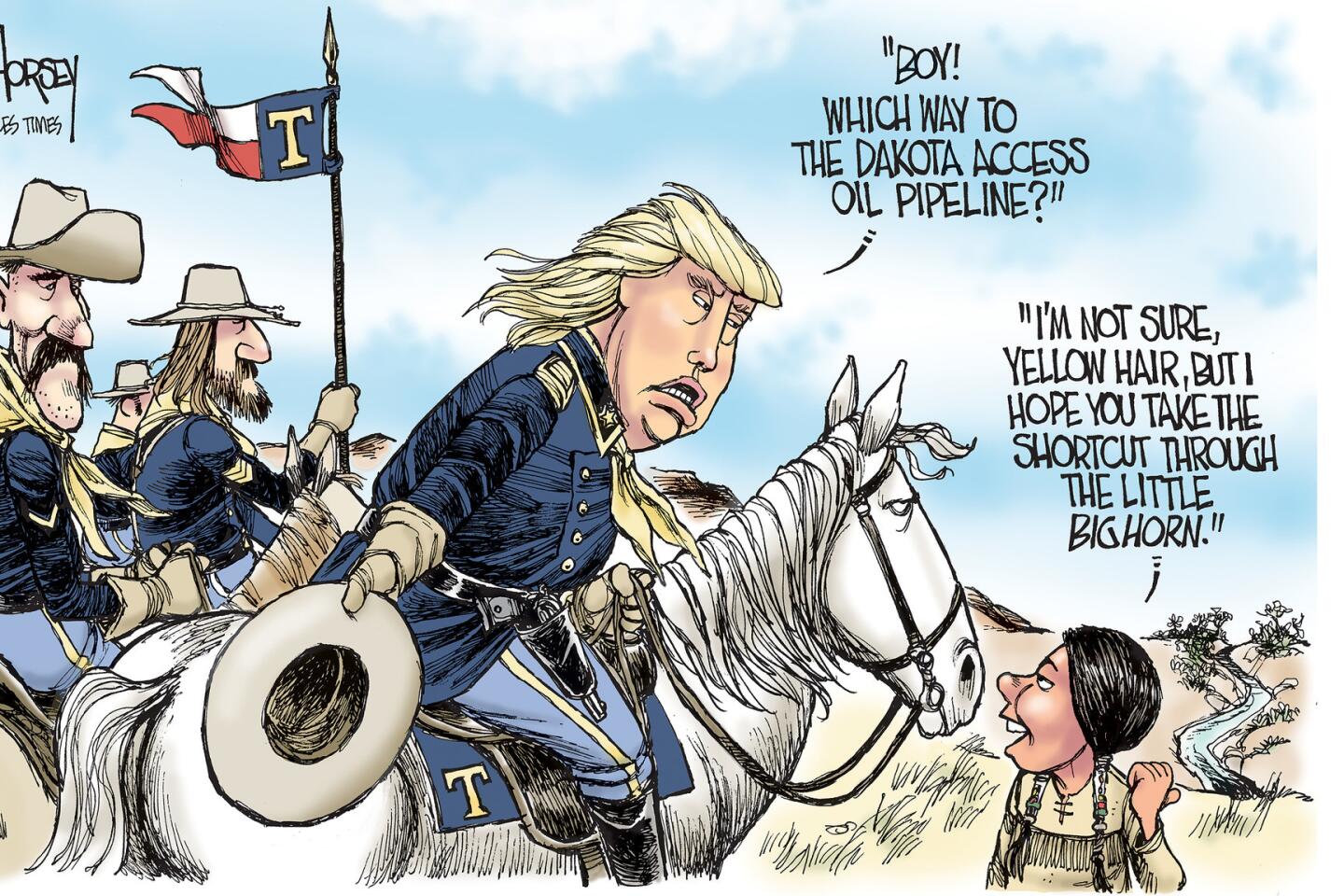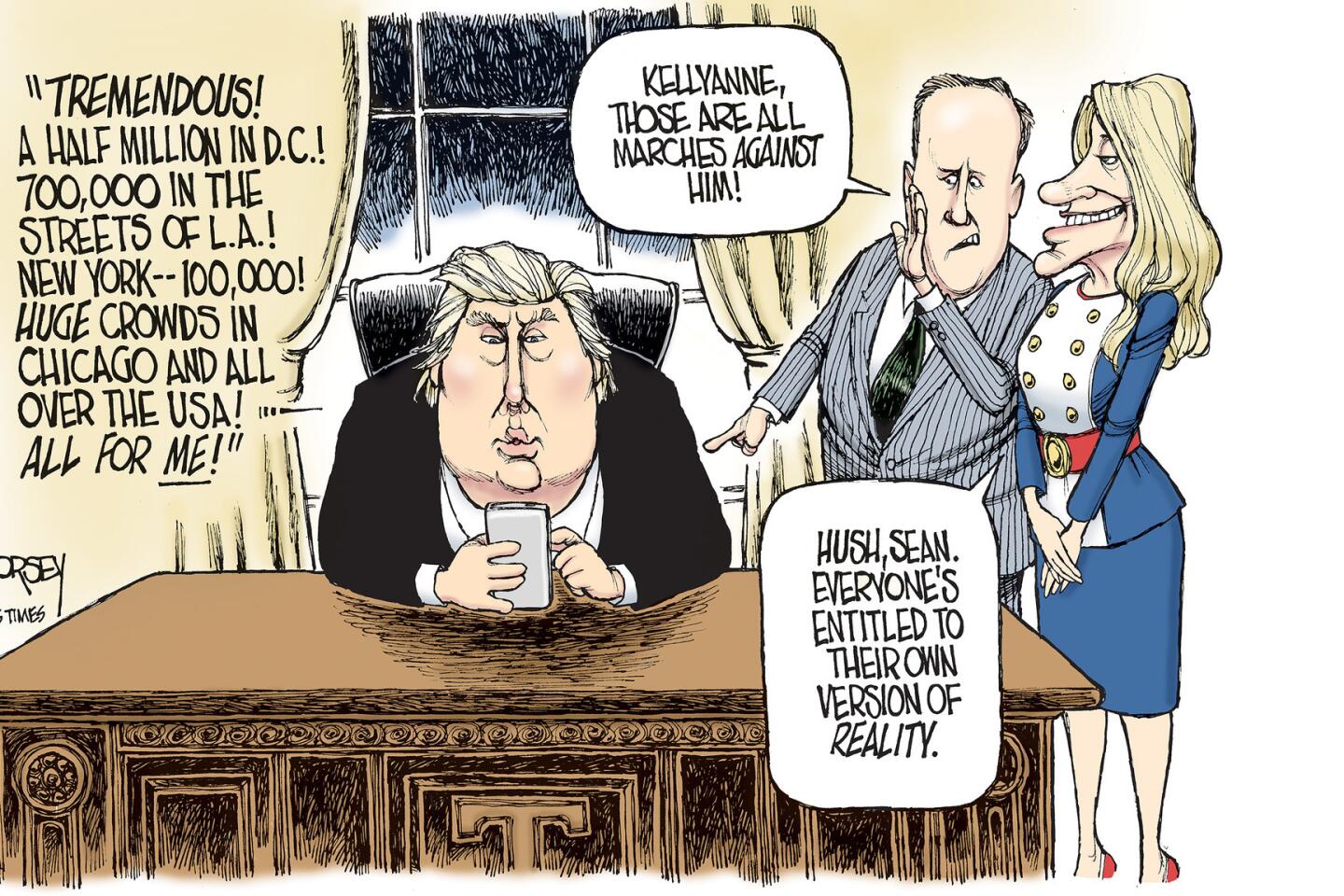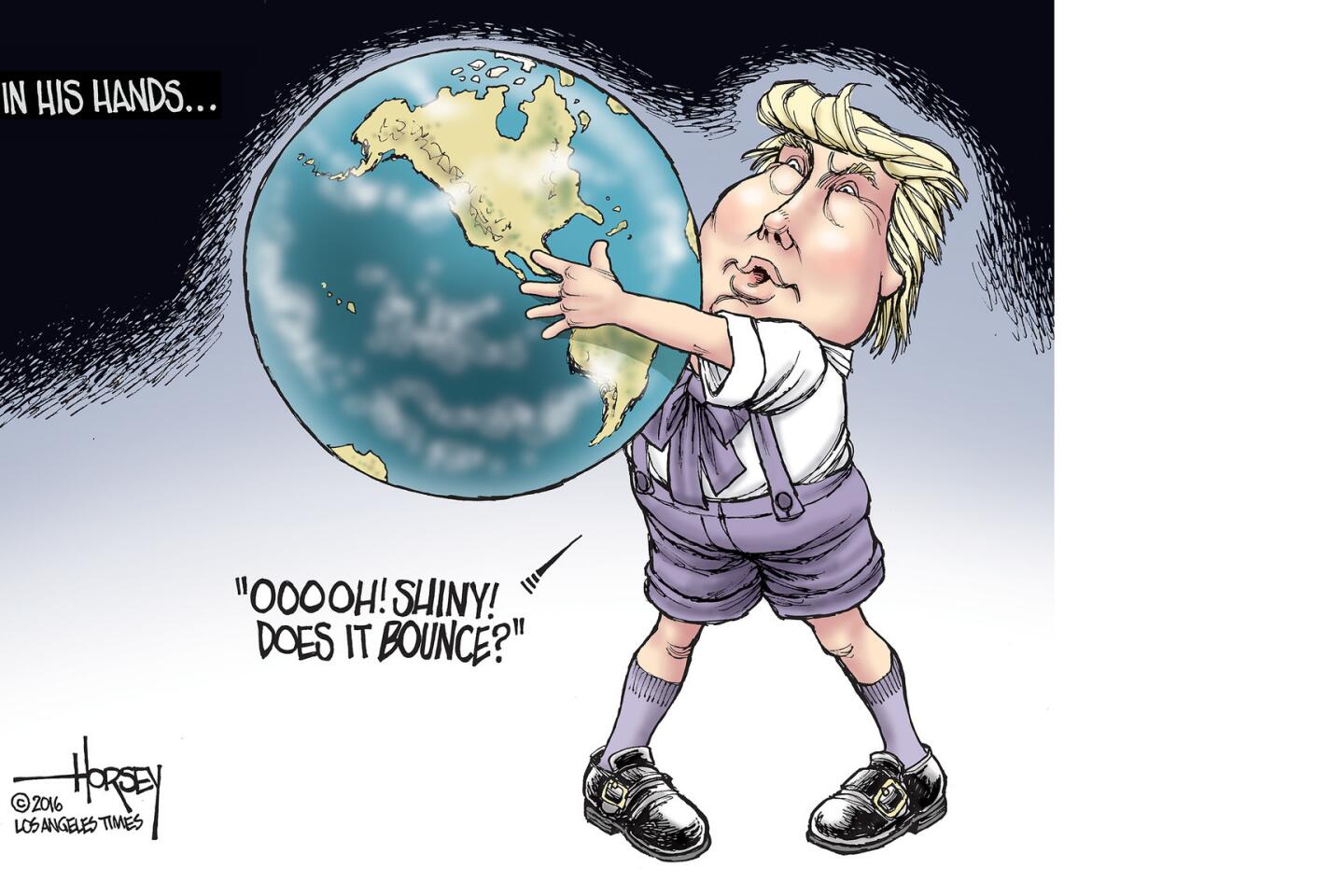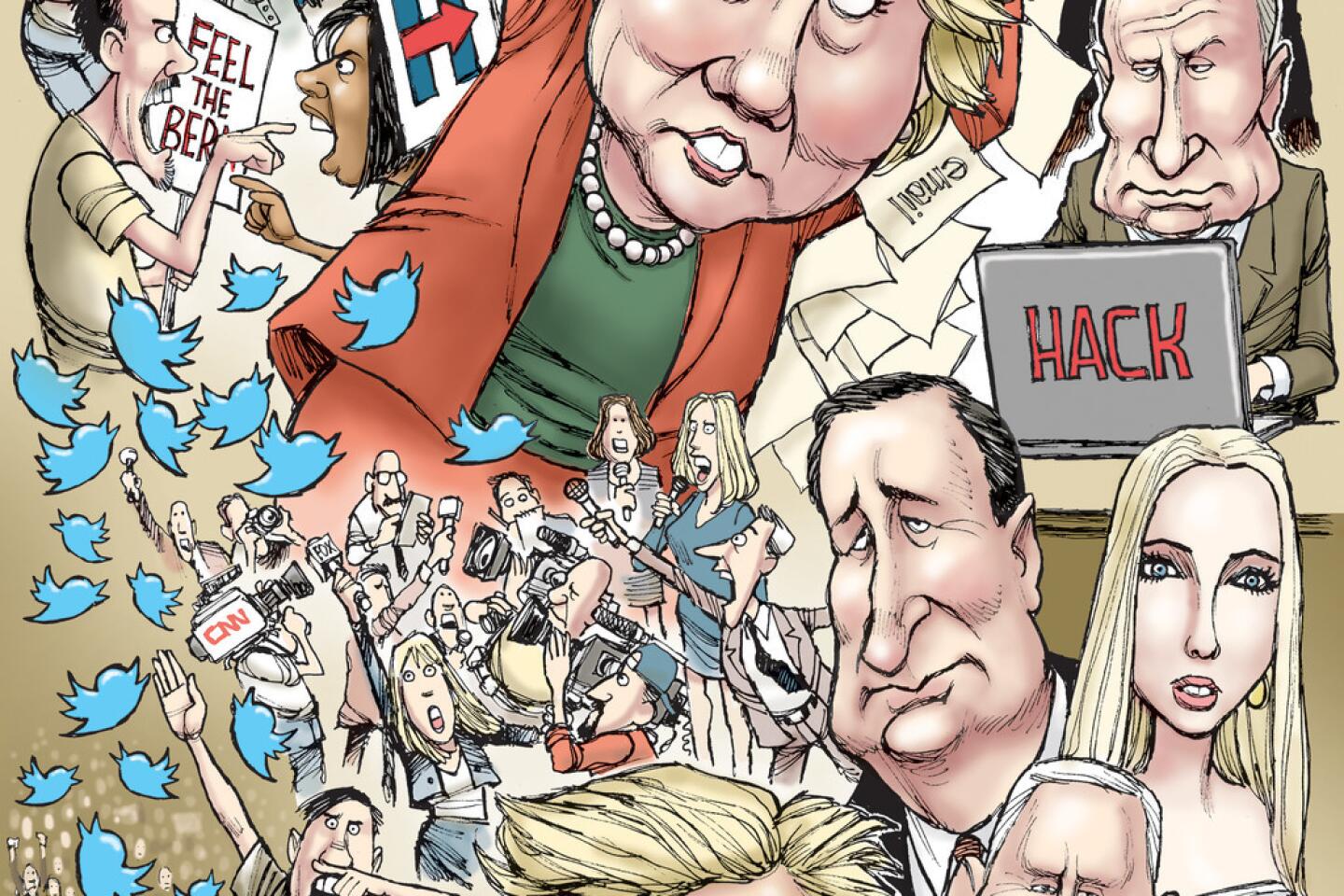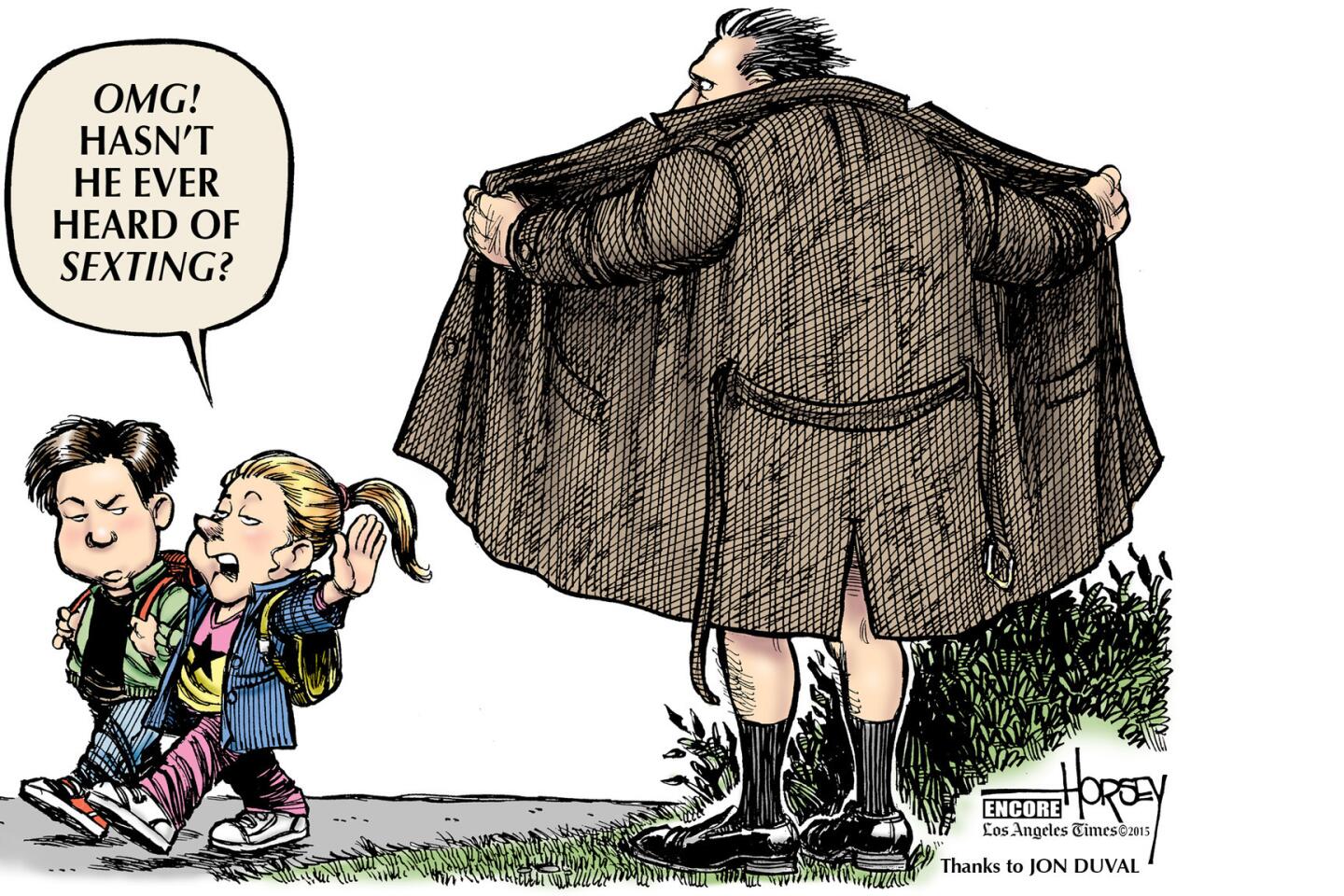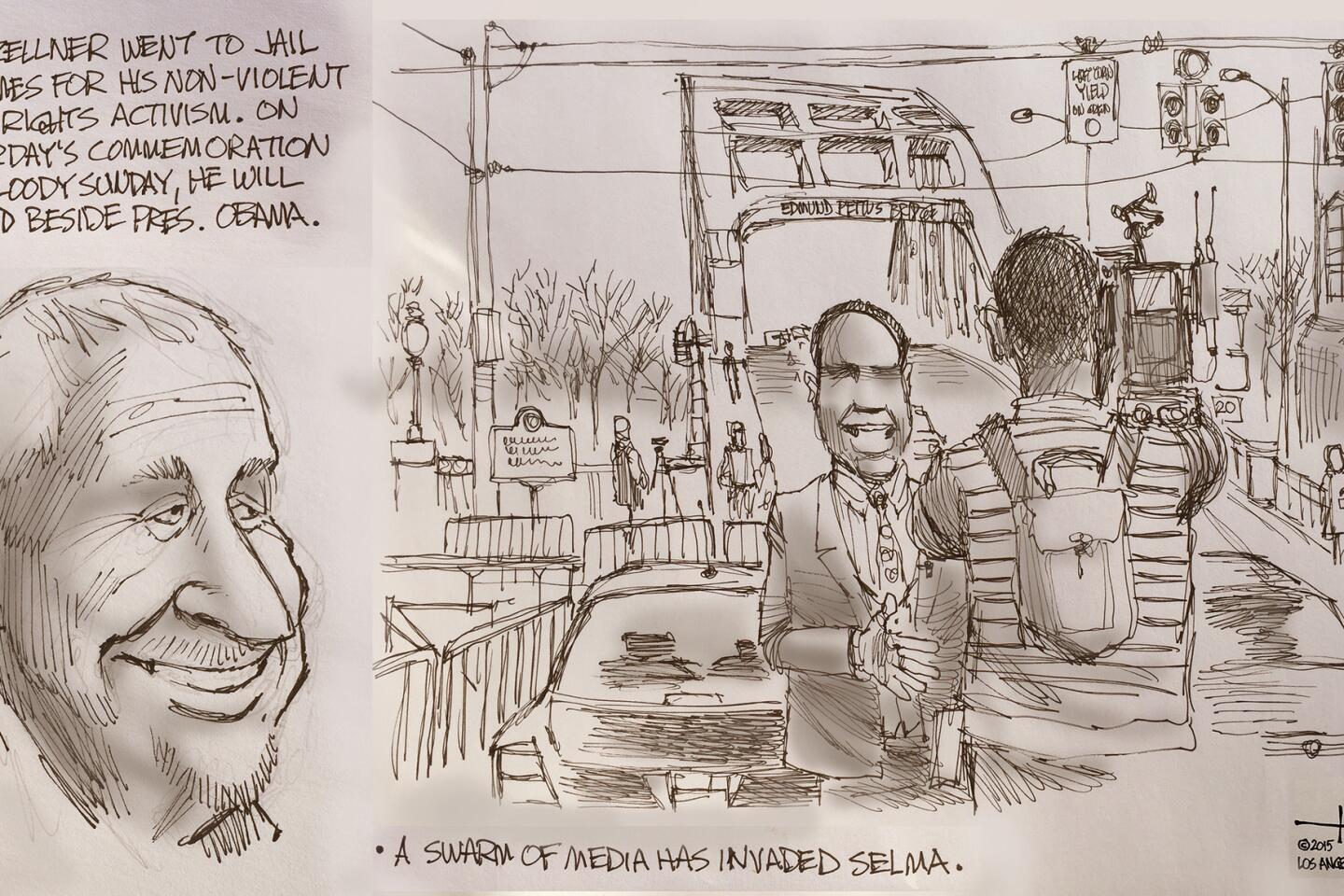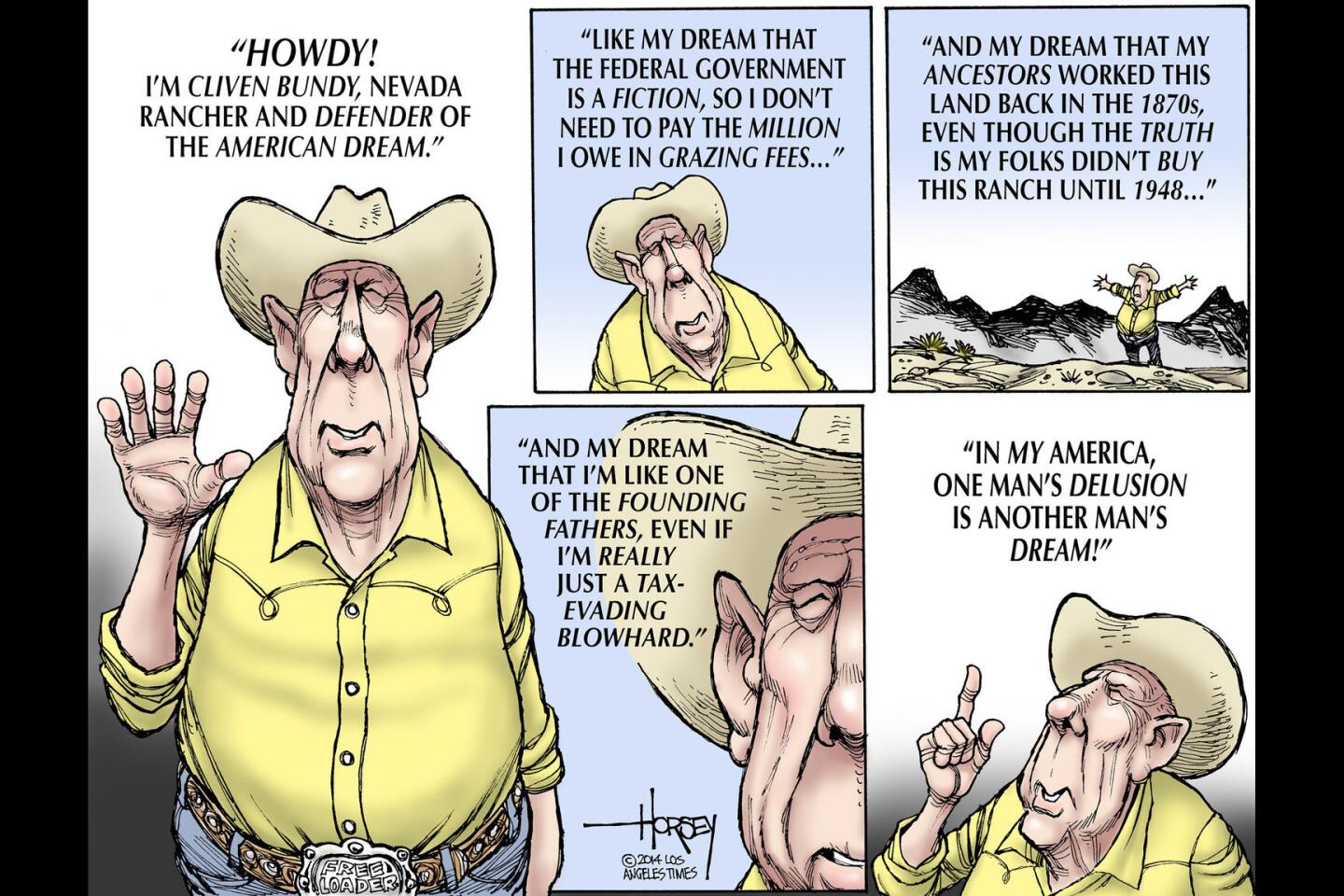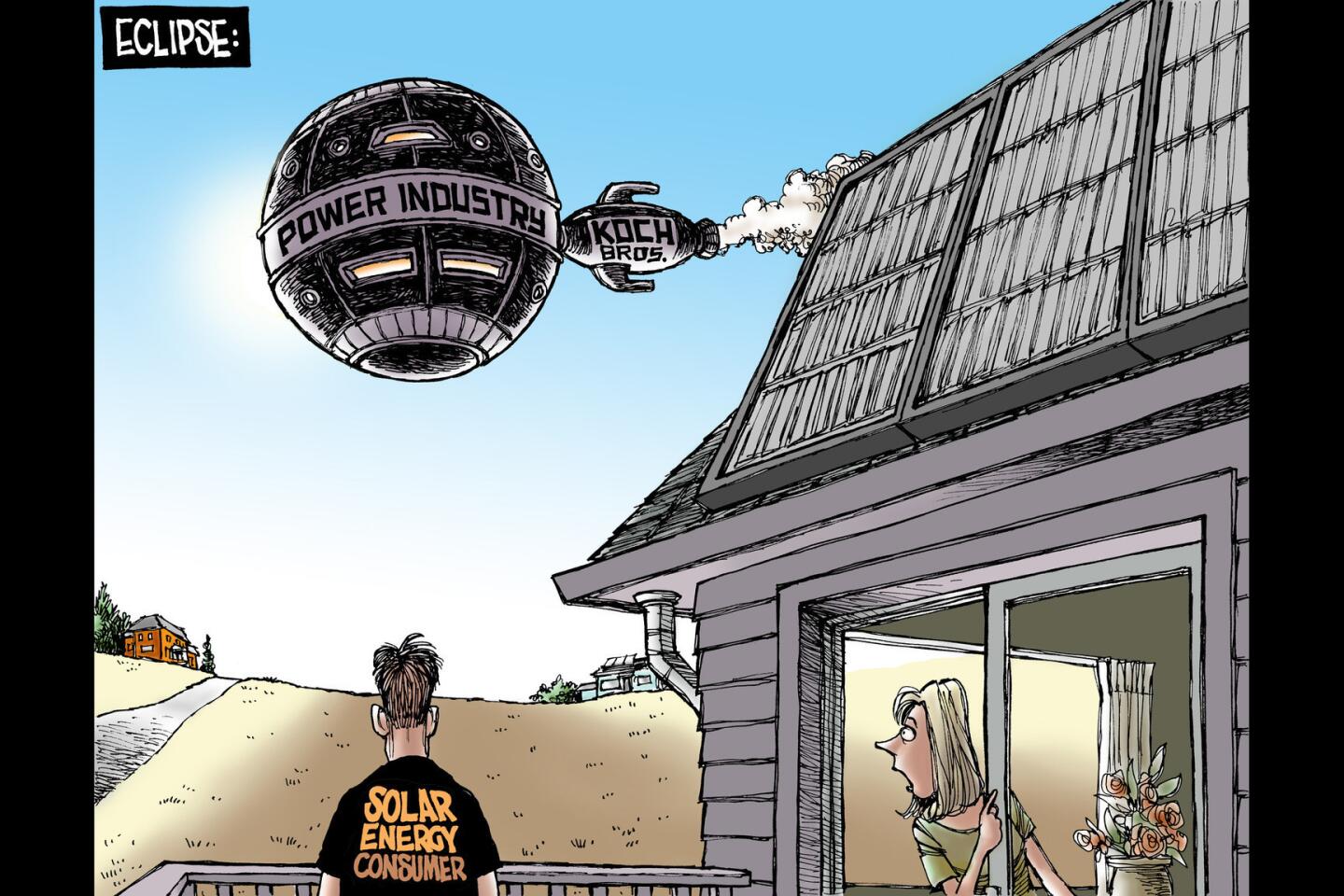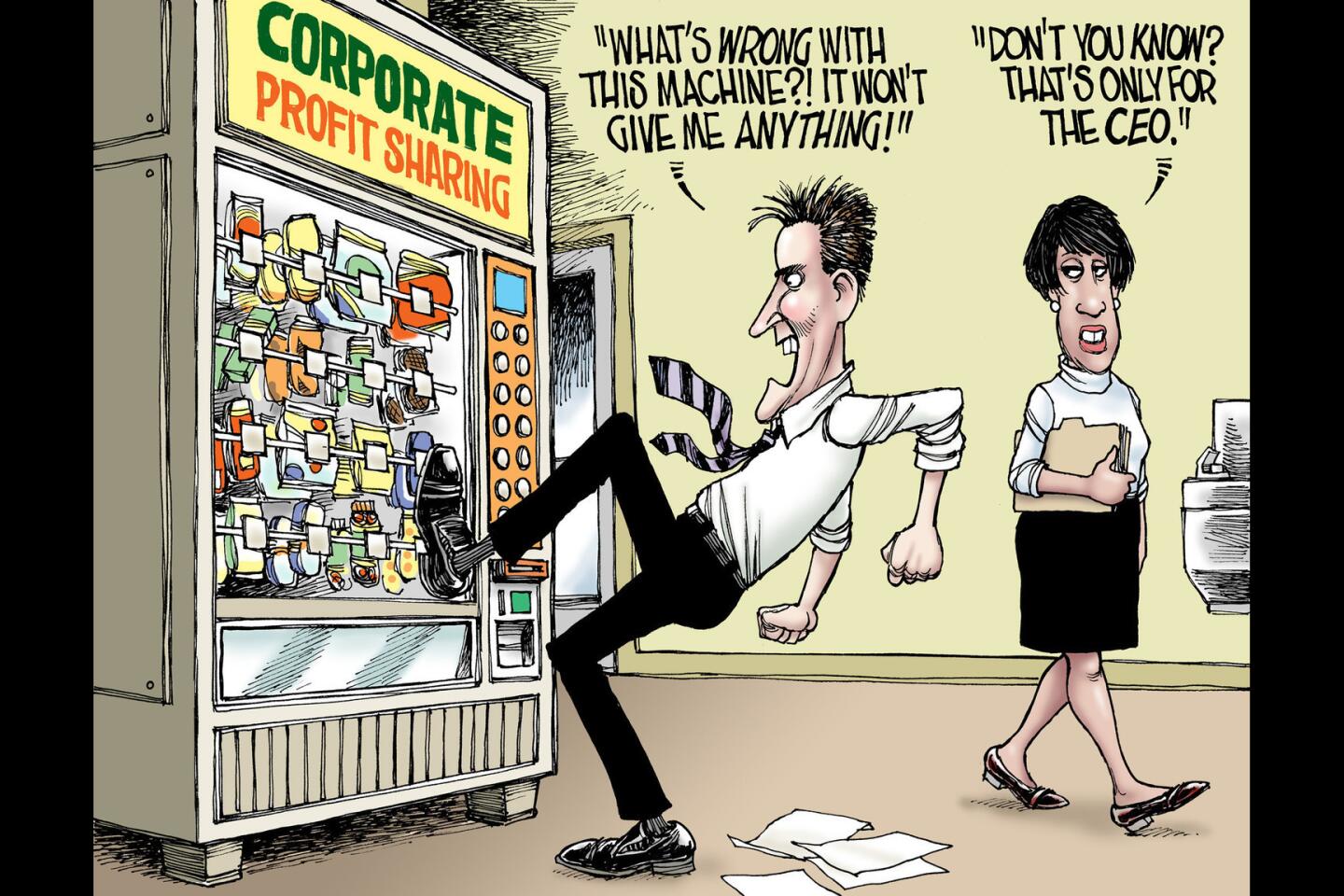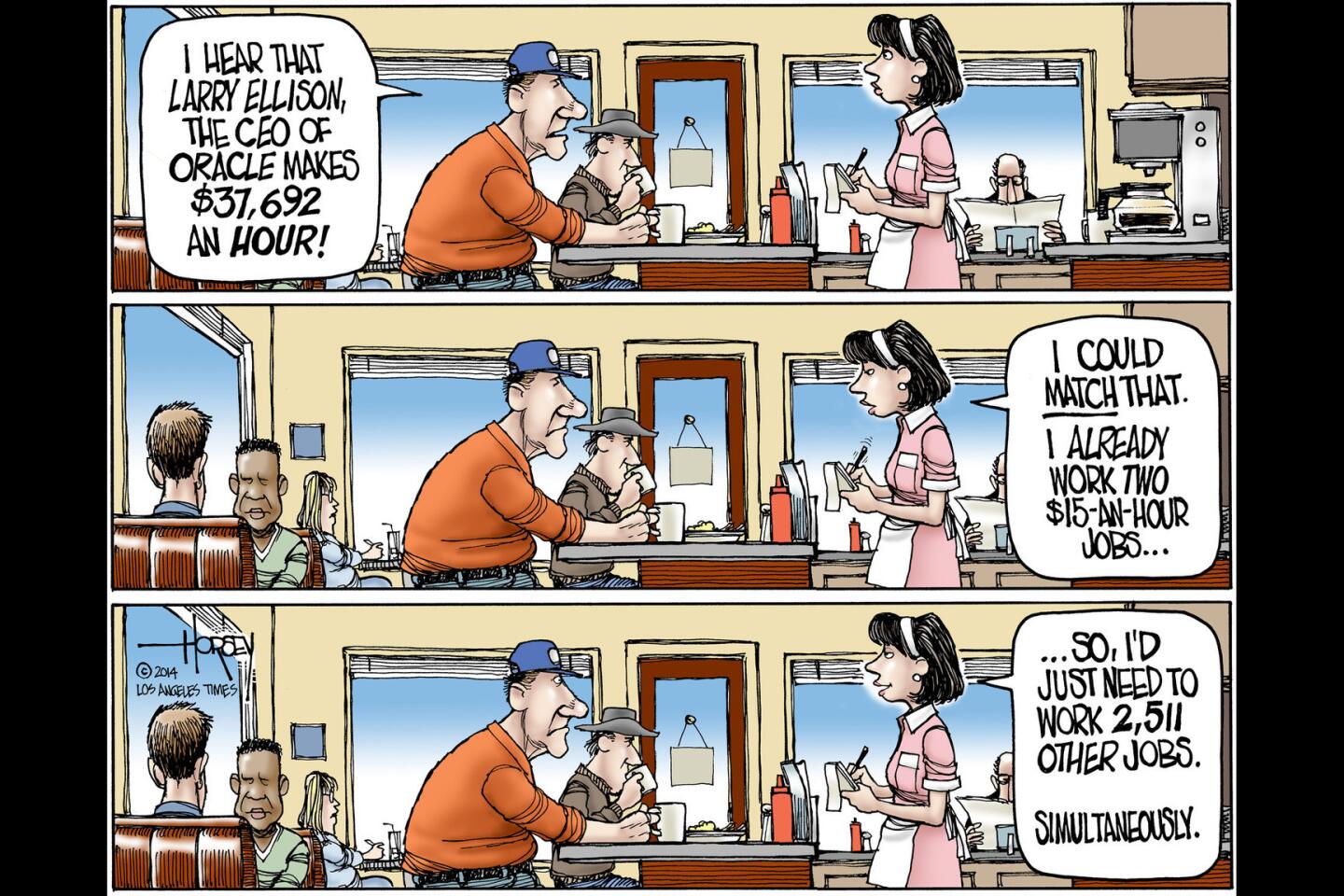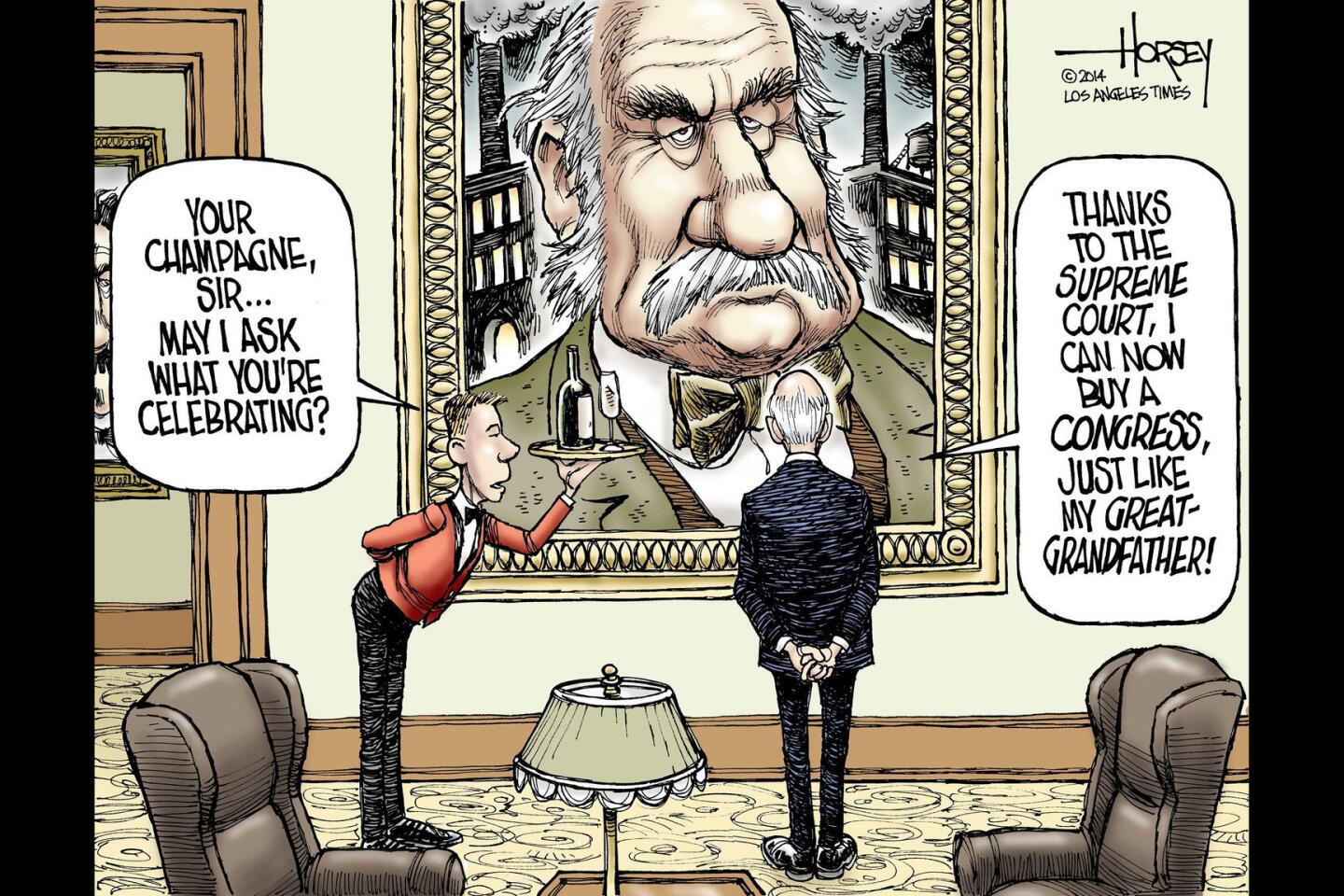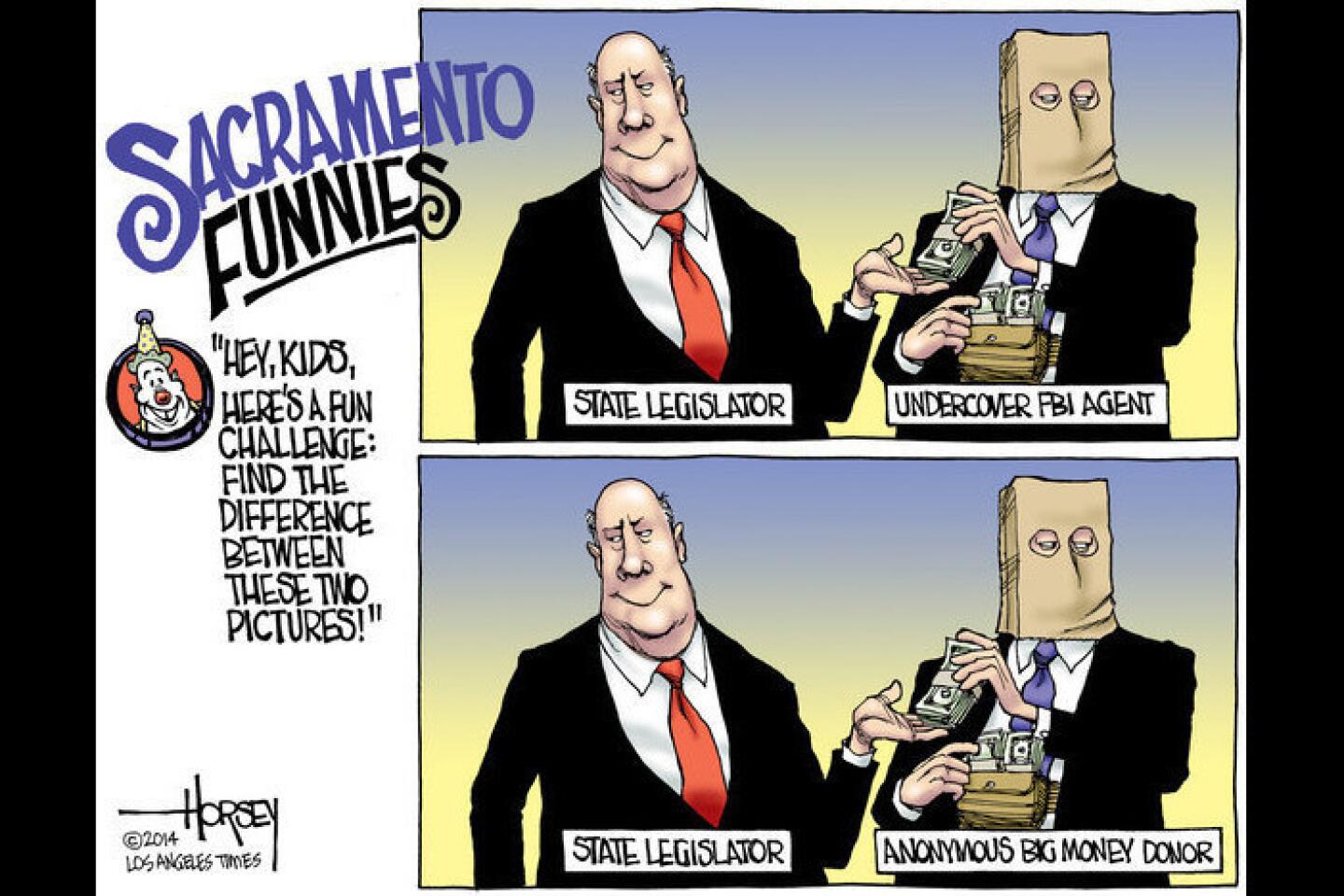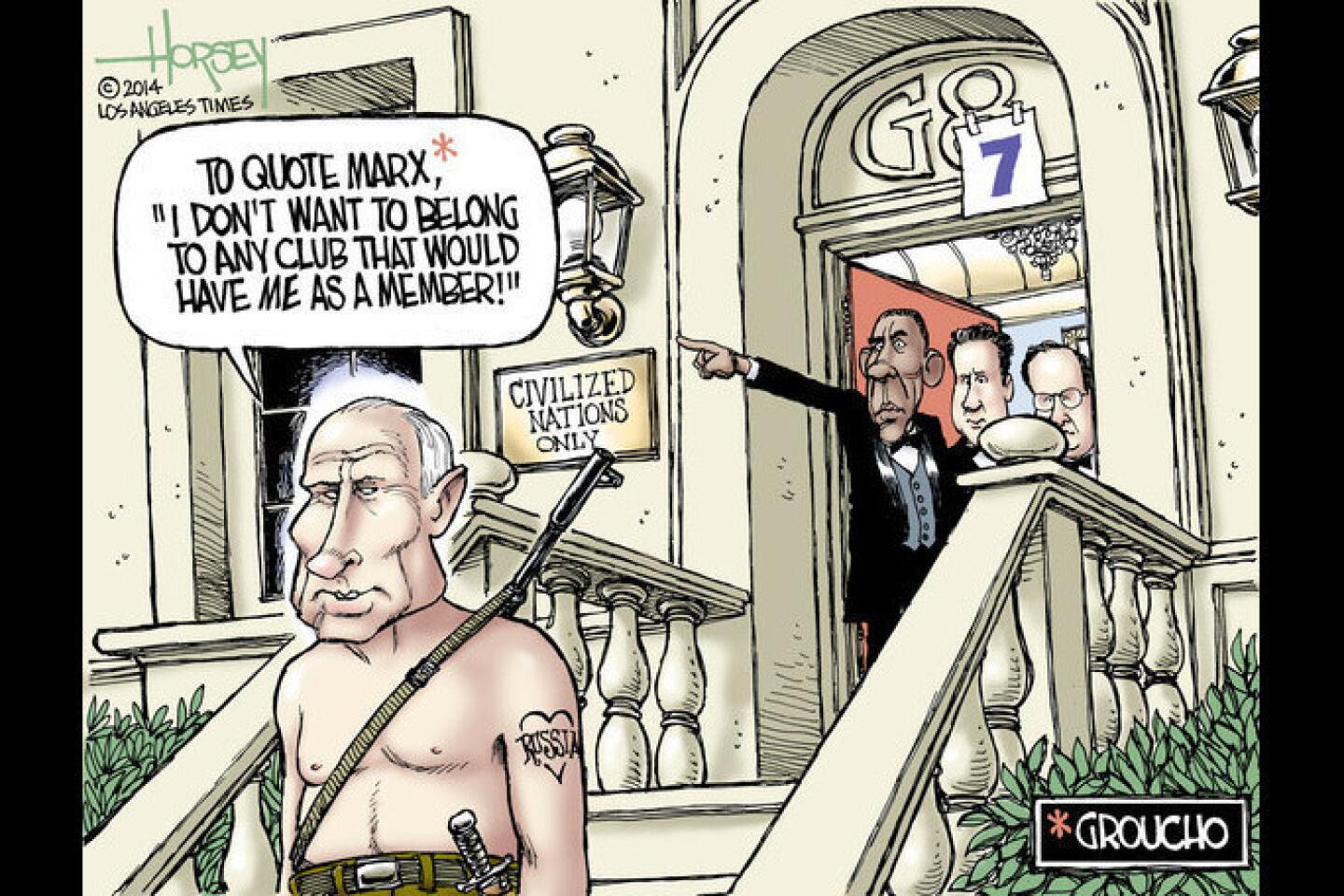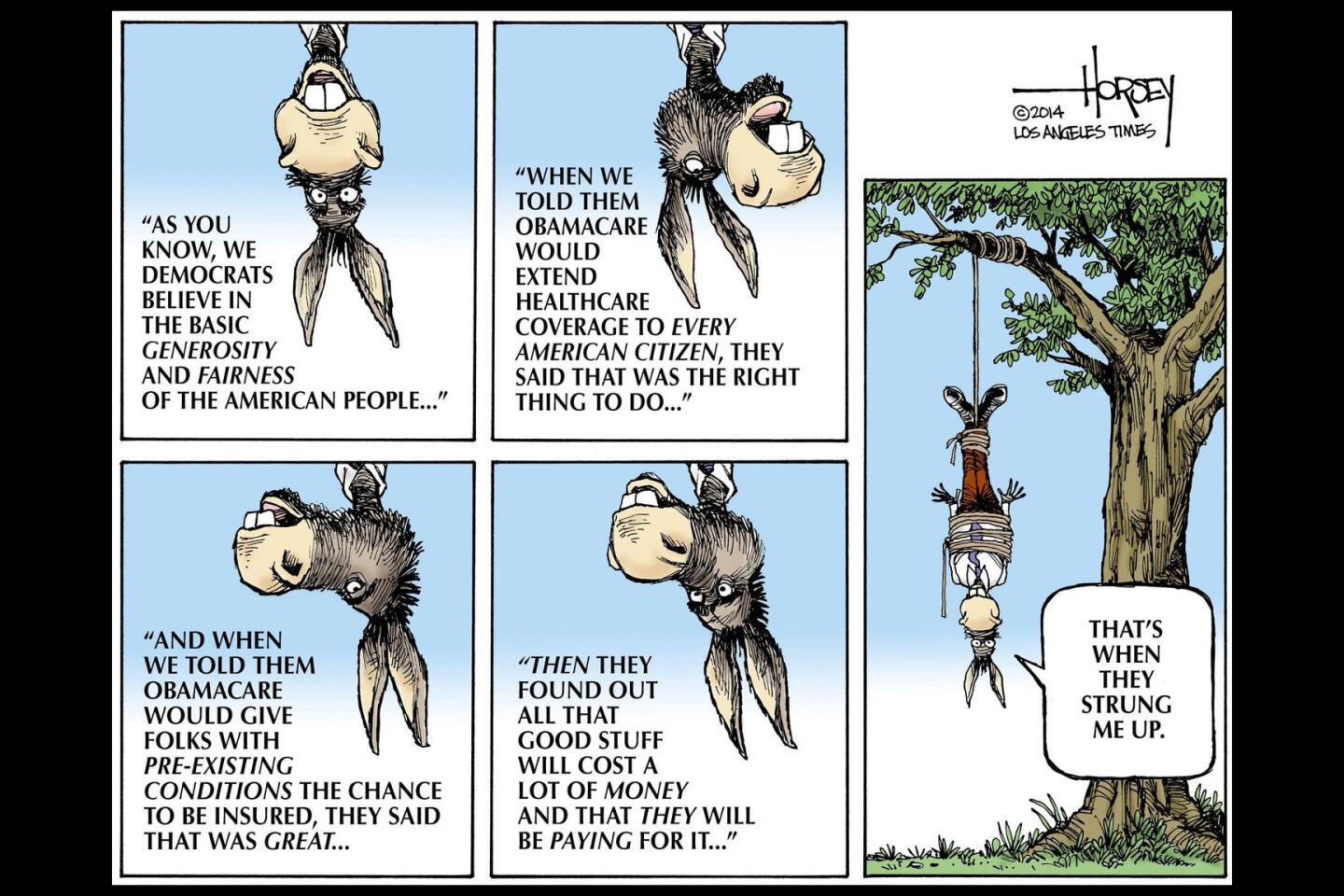Atlas shrugs, as do libertarians when it comes to working Americans

“Who is John Galt?” That is the mystery that drives Ayn Rand’s turgid libertarian manifesto, “Atlas Shrugged.” And it is the spirit of Galt that drives the modern Republican Party.
The fictional Galt is a brilliant, highly successful entrepreneur who leads a revolt of the underappreciated and overtaxed titans of industry. To pull the plug on an increasingly socialist society, Galt and his peers in the top 1% cease their own productive endeavors and bring the world economy to its knees.
In 2008, top-tier, real-life financiers did nearly bring the global economy crashing down, not by withholding their genius, but by using their cleverness to create a massive money-making machine for themselves built on a massive mortgage industry Ponzi scheme. We would have been in better shape if they had played hookie to play golf with Donald Trump at Mar-a-Lago.
Nevertheless, the dogma that the world is divided between makers and takers underpins pretty much everything Congressional Republicans propose to do, from the schemes they have put forth to take away medical coverage from tens of millions of Americans to the proposed tax “reform” that is little more than a massive tax cut for the rich.
It does not take much scratching below the surface of high-minded Republican rhetoric about opportunity and freedom to uncover some very Galtish attitudes. To the libertarian-minded, the poor and working class people who are mired in economic stagnation have only themselves to blame. Any helping hand offered by government and paid for by taxes on the abundantly wealthy is a tyrannical expropriation that robs the rich and turns the undeserving recipients of aid into social parasites.
In the same way, any governmental restriction of an industrial enterprise for the sake of preserving a clean, healthy environment for the general good is an unjustified stab at the nation’s capitalist heart. Air thick with pollutants and waterways deadly enough to kill fish are the acceptable price to be paid to liberate the ambitions of the meritocracy.
And government action to protect consumers from dishonest business operations or workers from exploitation by employers is judged equally abhorrent by the protectors of those who claim to be savvier, more talented, more ambitious and more deserving of their outsized share of the nation’s abundance.
The fallacies undergirding this world view are manifold. There are too many examples of incompetent CEOs, far too many revelations of corporate corruption and way too many instances of businesses cheating their customers to suggest that America’s many would-be Galts are uniformly men and women of superior intelligence and unquestionable virtue. For every genius innovator, such as Bill Gates or Elon Musk, there is a Trump who rides on his father’s success, careens in and out of bankruptcy and keeps his fortune intact by failing to pay contractors, bilking average folks who fall for his con jobs (Trump University) and making deals with unsavory foreigners and mobsters.
Yes, our economy needs the best kind of business people, from proprietors of small-town shops to executives at world-ranging corporations, and we would, indeed, be in trouble if they all suddenly stopped what they are doing. But we would also be in serious trouble if migrant workers stopped harvesting our food and if construction workers stopped building our roads and bridges and if engineers stopped designing our machines and if the legion of underpaid and underappreciated working people simply stayed home. And, if we allow an underclass to fester without healthcare and without access to quality education and without hope of a better life for their children, even the gated, walled communities of the rich will not be able to hold back the tide of social disintegration.
Who is John Galt? A selfish, short-sighted, arrogant jerk, not a model for America.
Follow me at @davidhorsey on Twitter
More to Read
A cure for the common opinion
Get thought-provoking perspectives with our weekly newsletter.
You may occasionally receive promotional content from the Los Angeles Times.





